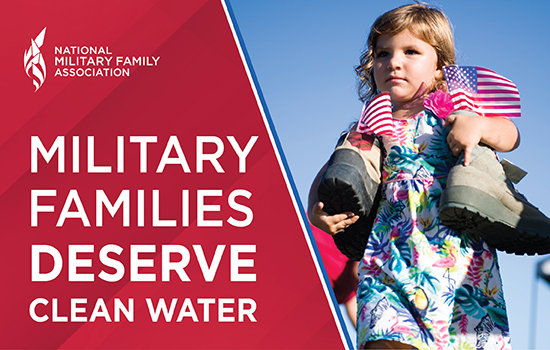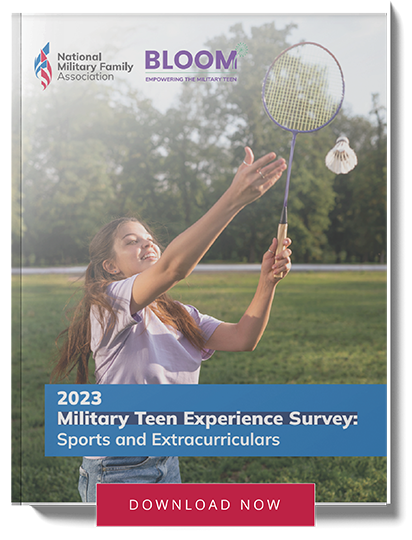NMFA Responds to Water Contamination at Joint Base Pearl Harbor-Hickam

Military families deserve to be safe at home. So why are our families, once again, in danger of contaminated drinking water?
In the last week, on-base residents at Joint Base Pearl Harbor-Hickam took to social media with their concerns about their drinking water. They said it smells bad, has an oily sheen, and is full of particles big enough to see in their glass. As of Tuesday, JBPHH had over 200 reports from families concerned about the safety of the water coming out of their taps. By Thursday, that number had grown to 680, and the Navy confirmed that it found petroleum products in the Red Hill well.’
If this story sounds familiar, it’s because it is. It’s also unacceptable.
America has a long and shameful history of water contamination across dozens of U.S. military bases. In the short term, petroleum contamination can lead to headache, dizziness, nausea, vomiting, blurred vision, confusion, and loss of balance, and prolonged exposure has serious consequences. What we’ve learned from families impacted by water contamination at Lejeune three decades ago is that the damage done by contaminated water doesn’t stop at a diagnosis. And neither does their fight for justice.
We must not allow history to repeat itself.
After earlier leaks from Red Hill into the waters of Pearl Harbor, the Sierra Club of Hawaii spoke up. In an October reporting with the Honolulu Civil Beat, Marti Townsend, the Sierra Club of Hawaii’s Executive Director said, “That they can’t be forthcoming with the public and the Department of Health about active leaks means that we really can’t trust them when it comes to making the most protective decision possible about the Red Hill fuel tanks.”
That trust is critical for military families. You can’t focus on the mission when you’re worried about the water coming out of your tap. Military families should be able to turn on their tap and know the water you’re using to mix baby formula, hydrate your sick kids, cook with, drink, and fill up Fido’s bowl is safe. You shouldn’t even have to think about it.
The hazard to the JBPHH water supply should be addressed and removed, and the water must be tested on a regular basis. Families need to be made aware of any possible long-term health effects and the Navy must identify affected or at-risk families and be prepared to treat health problems that arise now or in the future.
Our families at Pearl Harbor-Hickam shouldn’t face the same battle our families at Lejeune continue to face thirty years after exposure.
If your family is affected by this water contamination, there are some immediate steps you should take.
- If you are concerned about your health, that of a family member, or a pet, please seek appropriate medical treatment from your physician or veterinarian.
- Be sure to report your concerns and access the resources and supports stood up in the near-term for affected families. More information here.
- Share your story with us so we can continue to advocate on your behalf.
As we do, we’re going to talk with Congress. Our installations are aging, and we know the infrastructure is in desperate need of upgrades and repairs. First, we had Camp Lejeune, then the privatized housing crisis, now Joint Base Pearl Harbor-Hickam. Where’s the next environmental crisis going to take place? Congress and DoD need to work together to create a plan to address our aging infrastructure and make sure there’s a plan to be proactive to identify small problems before they become major issues for our service members and their families.




